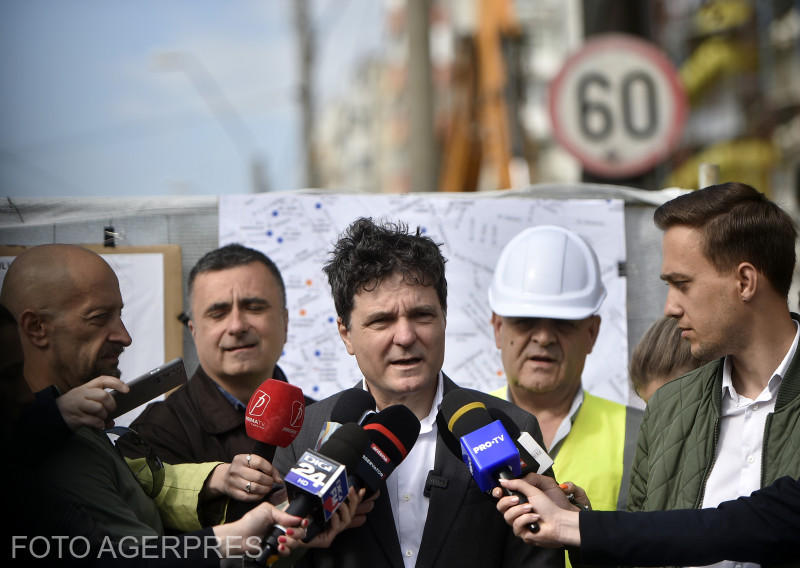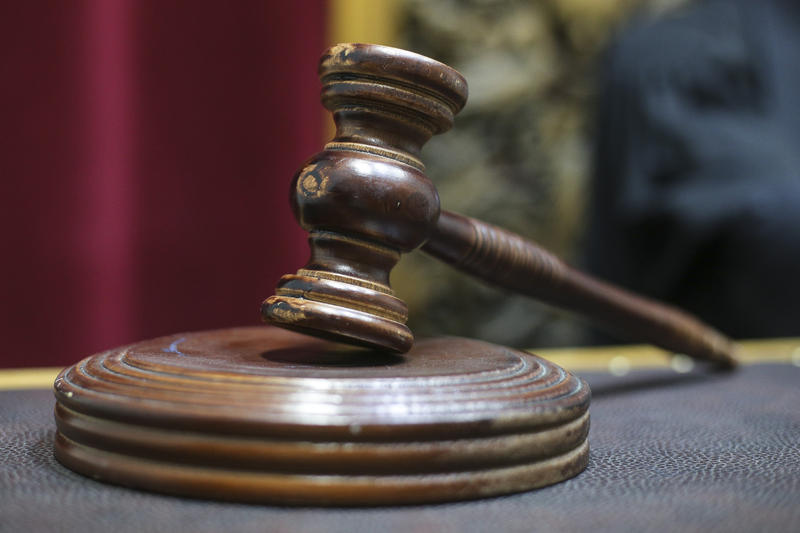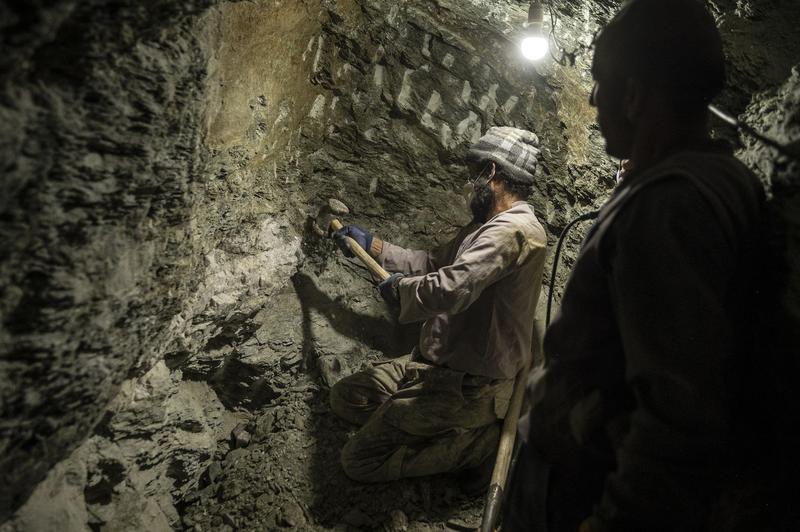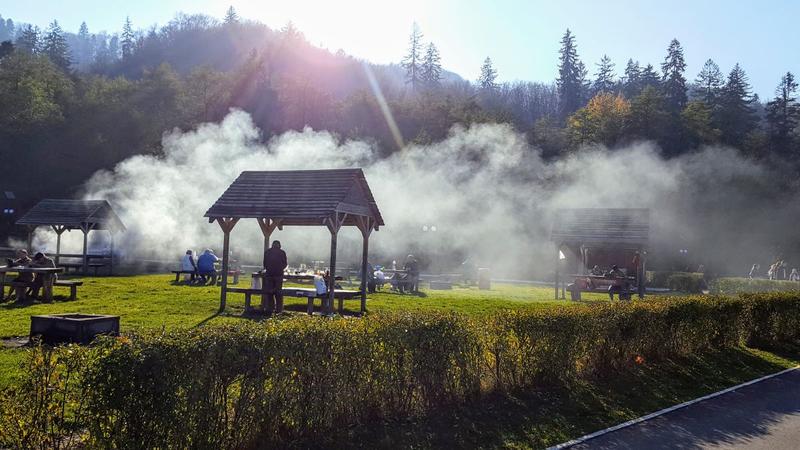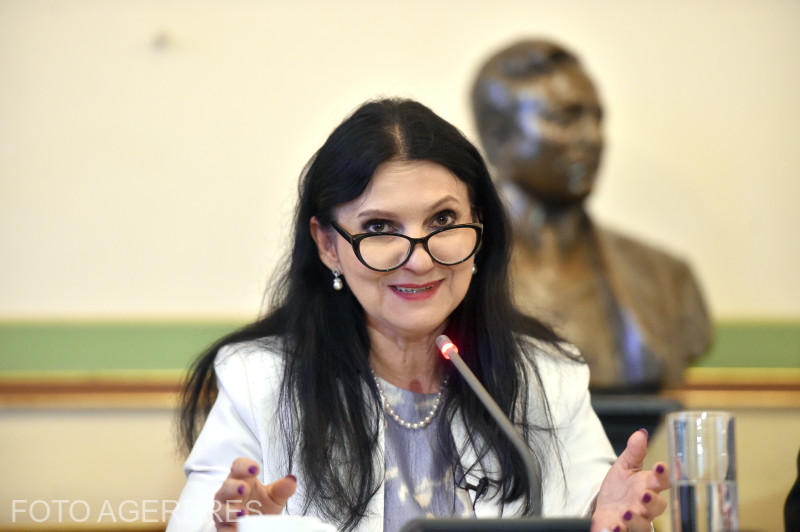"Basescu is probably attracted by the 'Putin model' in Russia: the creation of a political movement which dwarfs all others and ensures that he continues to rule behind the scenes", an analysis published on March 8 2010 by prestigious British think-tank Oxford Analytica indicates. According to the OXAN study, entitled "ROMANIA: Political games distract minds from economy", which starts with the attempt to replace Mircea Geoana from the Senate's leadership, Traian Basescu has a clear objective: "the creation of a political system in which the president is the only important player", but his plan might have little chances due to political volatility, the British analysis believe.
HotNews.ro publishes the most important paragraphs from the OXAN report "ROMANIA: Political games distract minds from economy", published on March 8, 2010.
- Geoana, who has already lost his position as head of the opposition Social Democrats, is fighting for his political life. The motion is another step in President Traian Basescu's long-term goal of consolidating his personal power at the expense of all political parties.
- Basescu has drawn lessons from his mistakes. Yet there are no indications that he is about to change his vision, which, although never articulated in a comprehensive manner, is clear enough. The main ingredients of the 'Basescu project' are: the creation of a political system in which the president is the only important player; reducing parliament to the role of an enabler of presidential powers; and replacing the old oligarchs with former communist links with rich businessmen pliant to his authority.
- Next steps. The moves that Basescu has undertaken since his December re-election indicate that this project is now being pursued with vigour: Constitutional reform. The constitution is widely admitted to be seriously flawed. The division of powers between parliament's two chambers -- the Senate and the Chamber of Deputies -- is still unclear, despite a constitutional amendment introduced in 2003. Basescu's solution is outright abolition of the Senate and reducing the seats in the Chamber of Deputies. In a referendum held last year, the electorate approved the president's proposals. However, its results are not binding; parliament now has to enact constitutional reforms. Basescu is trying to unseat Mircea Geoana as Senate speaker in the hope of speeding his project along, despite the fact that a majority of legislators are still against his proposals. (...)
- Splitting opposition. Instead, Basescu is now concentrating on promoting splits among his opponents. Late last month, a group of senators and deputies belonging to the opposition PSD suddenly declared themselves independents; they are about to form a new, supposedly left-wing formation, to be led by Defence Minister Gabriel Oprea, who has been groomed for this role by the president. The potential removal of Geoana, who stood against Basescu in the presidential election, is also intended to promote further splits among the ranks of the opposition.
- Basescu's goal is clear: he wants to obtain a two-thirds majority in parliament. This would allow him to amend the country's constitution, emasculate the legislature and ensure that he continues to exercise power after leaving office. Speculation that Basescu may seek to remove the constitutional bar on presidents serving more than two consecutive terms is probably exaggerated: he is aware that promoting such an amendment would provoke an outcry. Nevertheless, Basescu is probably attracted by the 'Putin model' in Russia: the creation of a political movement which dwarfs all others and ensures that he continues to rule behind the scenes.
- Outlook . However, success is unlikely: Political volatility. Although the country's opposition parties are dispirited, power remains too dispersed. Basescu's opponents are also resourceful. Teodor Melescanu, a former foreign minister and PSD member, has just announced that he wishes to fill a vacancy on the country's Constitutional Court, which is appointed by parliament. This is an indication that the constitutional games that Basescu is playing can also be played against him.
- Economic woes. While the political battle continues, the economy continues to suffer (see ROMANIA: Crisis reveals weak basis for recent growth - October 14, 2009). GDP fell by 7.1% in 2009, and government debt is rising fast: it grew by 33.0% last year alone. To make matters worse, most of this debt is short-term. (...) Nonetheless, an estimated 30 billion euros of debt must be repaid by the year-end, and tax receipts cannot cover the anticipated shortfall. Therefore, it is highly likely that the economy will soon return to centre stage of Romania's political life.
- CONCLUSION: The current focus of discussion in Bucharest is the president's health: he is rumoured to be ailing. That, in itself, is an indication of how personalised Romania's politics have become. Still, the Basescu political project is likely to prove ephemeral, and by distracting the policy-making elite from crucial economic challenges, will further delay Romania's stunted return to growth.
Note: We thank Oxford Analytica representatives for the text made available and for authorising HotNews.ro to publish parts of it.
HotNews.ro comment: The OXAN Report catches the essence of the political battle in Bucharest in the beginning of President Basescu's second mandate. It presents its real stakes and analyses them, correctly, through the filter of the economic crisis. Nevertheless, the OXAN analysis seems to overestimate Traian Basescu's reputation of absolute director of the political life. "Basescu is in everything" is rather a myth fuelled in particular by the opposition, but we don't get a clear proof, a serious hint to show that the chief of state is directly involved in the set-up of the independents' group, in the opposition division and in dismissing Mircea Geoana from the Senate's leadership.
At least, when it comes to the opposition's internal problems, the last two Congresses have proven that the internal struggles for power are real, not artificial, that PSD and PNL are very concerned, first because of some leaders' personal ambitions or because if vision differences: some want to gain the power, others hope to continue to resist in the opposition. In this case, the opposition managed to divide itself, maybe even beyond Traian Basescu's expectations. Obviously, the chief of state or PDL took full advantage of the centrifugal movements in PSD and PNL, but it would be absurd to imagine that the opposition's division is the creation of a single man.
For Traian Basescu, as OXAN correctly notices, the most important objective is to build a two thirds majority in the Parliament in order to be able to impose the Constitutional reform. But to suggest that Traian Basescu follows the Putin's pattern, which sees that the chief of state targets the role of Prime Minister after the completion of the second mandate in Cotroceni, is again another cliché, obsessively repeated by the opposition. Behind the cliché we find very few facts that would make Basescu equal Putin.
Officially, Basescu claims that he will end his political life after leaving Cotroceni. It is also true that his complete redraw seems improbable. His appetency for executive roles is clear, but today we don't know if Traian Basescu really wishes to exercise his power at the end of the second mandate.
As for power consolidation, Romania has reached a situation apparently without any solution. The state begins to become non-functional, and from an administrative and bureaucratic point of view, it is oversized, hyper-centralised and heavy, and the justice system is almost virused and inefficient.
The blockage in the institutional mechanisms is, in the context of the crisis, a drama for foreign investors, but also for future unemployed resulted from the reform process. Caught in the girth of an outdated Constitution, the state stagnates. Profound reforms fatally need to be passed by the Parliament and the Constitution needs to be radically revised, beyond the mere cut of the number of MPs and the switch to a single Chamber. Also fatally, without a two-thirds adhesion in the Parliament, the constitutional reform dies.
Prom this point of view, between Basescu's project and the Putin discretionary authority model, of directed democracy which entails a control over fundamental institutions, over justice, there are major differences. In order to reform anything, Basescu needs to create a critical favourable group in the Parliament. The paradox is that as it manages to catch contour, its action is undermined by the comparison with the Putin model.
In other words, the more it tries to reform, the more dictatorial it seems. Otherwise, it is very possible for Basescu's project to include the three targets identified by OXAN: "the creation of a political system in which the president is the only important player; reducing parliament to the role of an enabler of presidential powers; and replacing the old oligarchs with former communist links with rich businessmen pliant to his authority".
The OXAN conclusion seems very down-to-earth: Basescu's plans have great chances to fail in the current economic crisis context and with an unstable political majority. It risks to amplify and the government risks a quick erosion, based on a volatile support in the Parliament. The economic problems might burry political issues and everything seems to depend now on the manner in which the Boc Cabinet will manage the economic crisis.
